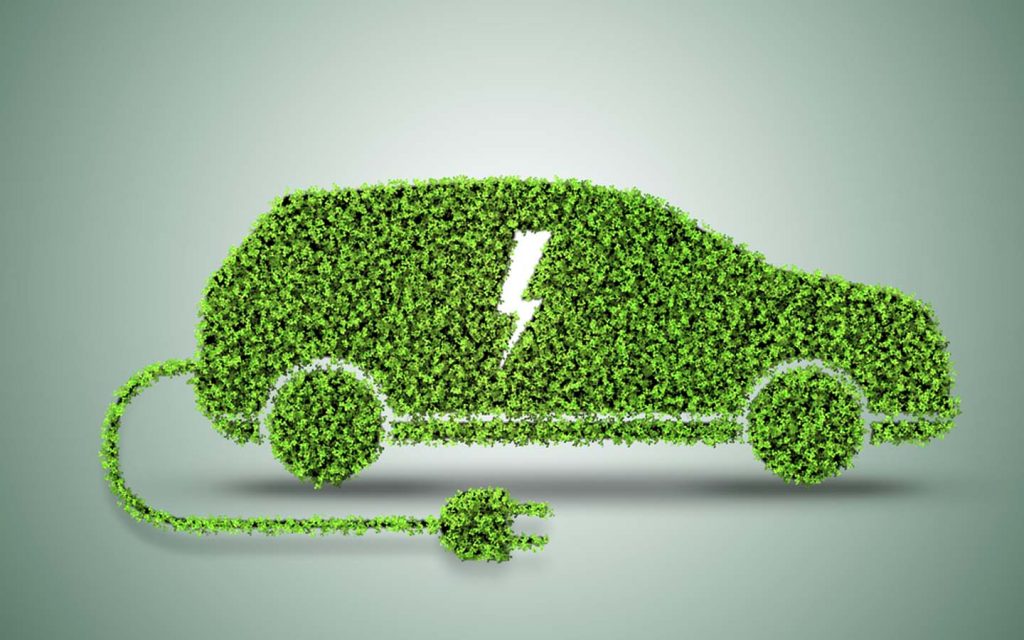In recent years, electric vehicles (EVs) have gained significant traction globally as a sustainable alternative to traditional internal combustion engine (ICE) vehicles. With the pressing need to address environmental issues, particularly air pollution, countries worldwide are increasingly adopting EVs. This trend is particularly notable in Pakistan and the Gulf countries, where air quality has been a growing concern. This article explores the potential improvements in air quality with the widespread adoption of EVs in these regions by 2025, examining the current challenges, government initiatives, and the expected benefits.
Current Air Quality Challenges in Pakistan and Gulf Countries
Pakistan
Pakistan faces severe air quality issues, primarily due to vehicular emissions, industrial activities, and agricultural practices. Major cities like Lahore, Karachi, and Islamabad often record hazardous air quality levels, particularly during the winter months when smog becomes a significant problem. The primary pollutants includes particulate matter (PM2.5 and PM10), nitrogen oxides (NOx), sulfur dioxide (SO2), and carbon monoxide (CO). These pollutants have severe health impacts, contributing to respiratory and cardiovascular diseases among the population.
Gulf Countries
The Gulf countries, including Saudi Arabia, the United Arab Emirates (UAE), Qatar, Kuwait, Bahrain, and Oman, also grapple with air pollution issues. The primary sources of pollution in these countries are vehicular emissions, industrial activities, and dust storms. Rapid urbanization and economic activities have exacerbated air quality problems, particularly in major cities like Riyadh, Dubai, Doha, and Kuwait City. The region faces challenges similar to Pakistan, with high levels of PM2.5, PM10, NOx, and SO2.
Government Initiatives and Policies
Pakistan
In recent years, the Pakistani government has recognized the importance of addressing air pollution and has introduced several initiatives to promote the adoption of EVs:
- National Electric Vehicle Policy (NEVP): Launched in 2019, the NEVP aims to have 30% of all vehicles electric by 2030. The policy includes incentives for EV manufacturers, reduced import duties, and tax exemptions to encourage the adoption of EVs.
- Public Awareness Campaigns: The government has initiated campaigns to educate the public about the benefits of EVs and the importance of reducing vehicular emissions.
- Infrastructure Development: Efforts are being made to develop charging infrastructure across major cities to support the growth of the EV market.
Gulf Countries
The Gulf countries have also taken significant steps to promote EVs and improve air quality:
- Saudi Vision 2030: Saudi Arabia’s ambitious plan includes promoting sustainable energy and transportation. The country aims to reduce its reliance on fossil fuels and increase the adoption of EVs.
- Dubai Clean Energy Strategy 2050: The UAE’s strategy aims to make Dubai a global hub for clean energy, with a significant focus on EV adoption. The government provides incentives for EV owners, including free parking and toll exemptions.
- Qatar National Vision 2030: Qatar’s long-term development plan includes sustainable development and environmental protection, with a focus on promoting EVs and reducing emissions.
- Kuwait Environment Protection Law: Kuwait has introduced laws to regulate emissions and promote the use of cleaner technologies, including EVs.
Benefits of Electric Vehicles for Air Quality
Reduced Emissions
One of the most significant benefits of EVs is the reduction in harmful emissions. EVs produce zero tailpipe emissions, which directly reduces the levels of NOx, SO2, CO, and particulate matter in the air. This reduction is particularly crucial in densely populated urban areas where vehicular emissions are a major source of pollution.
Improved Public Health
The reduction in air pollutants leads to significant public health benefits. Lower levels of PM2.5 and NOx result in fewer cases of respiratory and cardiovascular diseases. Studies have shown that improved air quality can lead to a decrease in hospital admissions and mortality rates associated with air pollution-related health issues.
Mitigation of Climate Change
EVs contribute to the reduction of greenhouse gas emissions, particularly CO2, which is a major contributor to global warming. By reducing CO2 emissions, EVs help mitigate the impacts of climate change, which has far-reaching effects on environmental and human health.
Noise Pollution Reduction
EVs are significantly quieter than ICE vehicles, contributing to a reduction in noise pollution in urban areas. This improvement in the acoustic environment enhances the quality of life for urban residents.
Challenges and Solutions
Infrastructure Development
One of the major challenges in the adoption of EVs is the development of adequate charging infrastructure. Both Pakistan and the Gulf countries need to invest in the widespread deployment of charging stations to support the growing number of EVs. This includes fast-charging stations along highways and in urban centers.
Cost of EVs
The initial cost of EVs is higher compared to ICE vehicles, which can be a barrier to adoption. Governments can address this issue by providing subsidies, tax incentives, and other financial benefits to make EVs more affordable for consumers.
Public Awareness and Acceptance
There is a need to increase public awareness about the benefits of EVs and address any misconceptions. Public campaigns, educational programs, and incentives can help improve the acceptance and adoption of EVs.
Renewable Energy Integration
For EVs to have a significant impact on air quality, it is essential to integrate renewable energy sources into the power grid. This ensures that the electricity used to charge EVs comes from clean sources, further reducing overall emissions.
Future Prospects
By 2025, the widespread adoption of EVs in Pakistan and the Gulf countries has the potential to bring about significant improvements in air quality. With continued government support, infrastructure development, and public acceptance, EVs can play a crucial role in reducing air pollution, improving public health, and mitigating climate change in these regions.
Conclusion
The transition to electric vehicles offers a promising solution to the air quality challenges faced by Pakistan and the Gulf countries. By reducing harmful emissions, EVs can significantly improve air quality, enhance public health, and contribute to a sustainable future. With continued efforts and collaboration between governments, industries, and the public, the goal of cleaner air and a healthier environment is within reach by 2025.

 Blogs Trend The Best Blogging Website
Blogs Trend The Best Blogging Website




